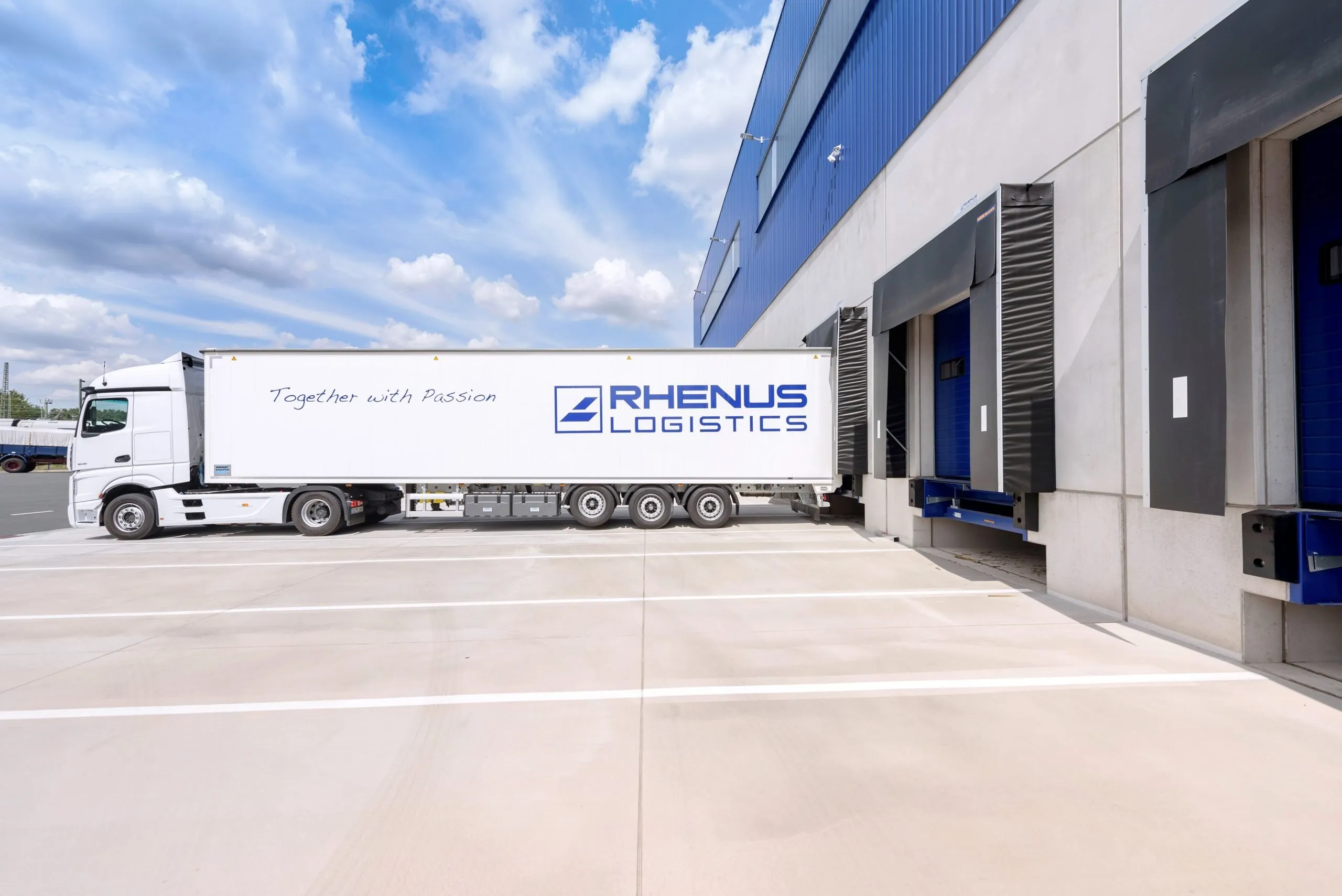
Germany’s Rhenus Group eyes cargo operations in inland waterways
Rhenus Logistics, a leading transportation player in Europe, is looking to ramp up its India operations. It will pump about $100 million into the country’s inland waterways starting next year, said Tobias Martin Bartz, chief executive officer (CEO) of the Rhenus Group.
The German company, which has been operating in India in a joint venture with Mumbai-based Western Arya Group, is expected to operate 10 barges on Indian waters to ship cargo, Bartz told.
“We are convinced that the navigation channels of national waterways 1 and 2 are of huge potential for speeding up the ambitious infrastructure that India is looking to build. These are excellent opportunities where one can use waterways. A barge can lift 800 containers or 5,000 tonnes of any bulk cargo,” he said.
These barges, estimated to be worth $10 million each, will be brought in from overseas, but the firm eventually would tap into the local supply chain.
Bartz added that the recent announcement by Germany to increase the number of annual visas for skilled Indians to 90,000 from the current 20,000 will allow the company to undertake seafarer training.
According to the CEO, Rhenus will use the work permit increase to send Indian seafarers for crew training in Europe, where it operates over a thousand barges. These seafarers will then return to India to operate riverine barges. Bartz believes that the company’s experience in Europe with waters of low draft can help in India as well, where a major challenge to inland waterway operations has been the fluctuating depth of rivers.
The company will not look to cover the entire length of the two waterways, and is currently identifying which sections it would operate in – ones with traffic potential.
The first step would be to enter the breakbulk segment, targeting project cargo – planned along the lines of India’s plan to become a $30 trillion economy by 2047 by investing substantially in infrastructure.
It would take a call on diversifying to containers at a subsequent stage, and it doesn’t rule out an eventual presence in sea-port terminals.
It is also interested in operating river ports on concession basis – something it actively does in Europe – and is currently assessing the policy framework on this.
“We need to understand what the (regulatory) structure is. The goal for us from our experience in Europe is always to have a long-term contract. Such assets need to be managed over decades: our minimum timeframe is 30 years to operate our ports,” He said. On global trade, Bartz said the next two-three years are likely to be erratic, due to the increasingly volatile geopolitics and logistical challenges.

